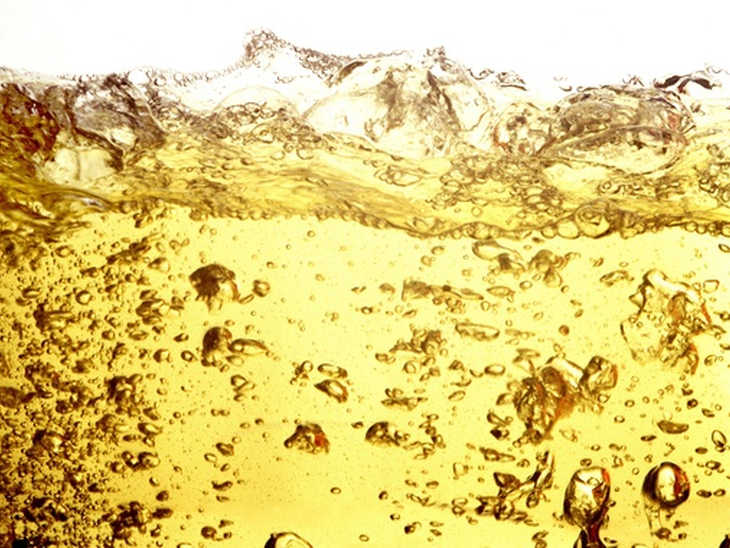
 Biofuels
Biofuels
T&B Petroleum/Press Office

The use of biofuels as an alternative to reducing carbon emissions was advocated by public hearing participants of the Permanent Joint Commission on Climate Change (CMMC) on Tuesday (31). The replacement of fossil fuels by biofuels reduces CO2 emissions by more than half, and the indices may be even larger depending on the type of biofuel.
Miguel Ivan Lacerda de Oliveira, director of the Secretariat of Petroleum, Natural Gas and Biofuels, defended at the hearing the valorisation of biofuels and their use to reduce the emission of carbon in the atmosphere. He said that currently one-third of the counties of the country have a small or large ethanol or biodiesel plant.
"The whole world is looking for a solution to retaining carbon and it may be that in Brazil we have it," he said.
According to Lívio Teixeira de Andrade Filho, general coordinator of Alternative Sources of the Secretariat of Planning and Energy Development, biomass, raw material for the production of biofuels, is "very competitive and has great potential in Brazil." He reported that energy from sugarcane bagasse, a type of biomass, represents 7% of Brazil's energy supply. In the last five years, energy production from sugarcane bagasse has grown by 65%.
Biofuels
With 400 production units, ethanol is the second largest source of energy in Brazil, behind only hydroelectric plants. This is pointed out by Eduardo Leão de Sousa, executive director of the Union of Sugarcane Industry (Unica). He argued that since the implementation of Proálcool in 1975, by 2015, ethanol has already replaced the consumption of almost 400 billion liters of gasoline.
Eduardo also highlighted the use of ethanol as essential for compliance with the Paris Agreement, which provides for a reduction of 37% in CO2 emissions in Brazil by 2025.
Biodiesel would be, for Daniel Furlan, manager of Economy of the Brazilian Association of Industries of Vegetable Oils (Abiove), the "younger brother of ethanol". Despite significant soybean production in Brazil, only 40% is processed and 3% is destined for the production of biodiesel, says Furlan.
"We could do a lot more than we do today. The supply of raw materials and the production of biodiesel is very close and this generates a virtuous cycle of growth and generation of jobs and income - he said.
The regional development provided by the production of biofuels was also remembered by Rafael Gonzales, technical director of the International Center for Renewable Energies (CIBiogás). He also argued that in particular the generation of energy through biomethane and biogas provides environmental, energy and food safety.
"It is the nature of (the production) of all biofuels that development in a region," he said.
Regarding the role of agribusiness in the generation of biofuels, the commission's rapporteur, Deputy Sérgio Souza (PMDB-PR), also stressed that Brazilian practices, from the point of view of preservation and sustainable agriculture, are incomparable.
RenovaBio Program
Program of the Ministry of Mines and Energy, the RenovaBio was ranked at the public hearing as a practical way to encourage the production of bioenergy and thus the reduction of carbon emitted. The policy objective is both to recognize and certify the production of biofuels for energy security and to reduce greenhouse gas emissions by setting national targets.
Approved in 2016, the policy has not yet been implemented. Donizete Tokarski, superintendent director of the Brazilian Union of Biodiesel and Bioquerosene (Ubrabio), charged in the debate the realization of the RenovaBio for the "predictability of the fuel market".
- Until today we have not yet had a solution for the edition of the provisional measure that could give all of us the comfort of working with predictability in this project that is of interest to the whole of Brazilian society - he declared.
The RenovaBio program differentiates itself by not proposing the creation of new taxes on the activity of generating biofuels. No taxes are set, for example, on carbon, subsidies, presumed credit or volumetric mandates for the addition of biofuels to fuels.

Contact us